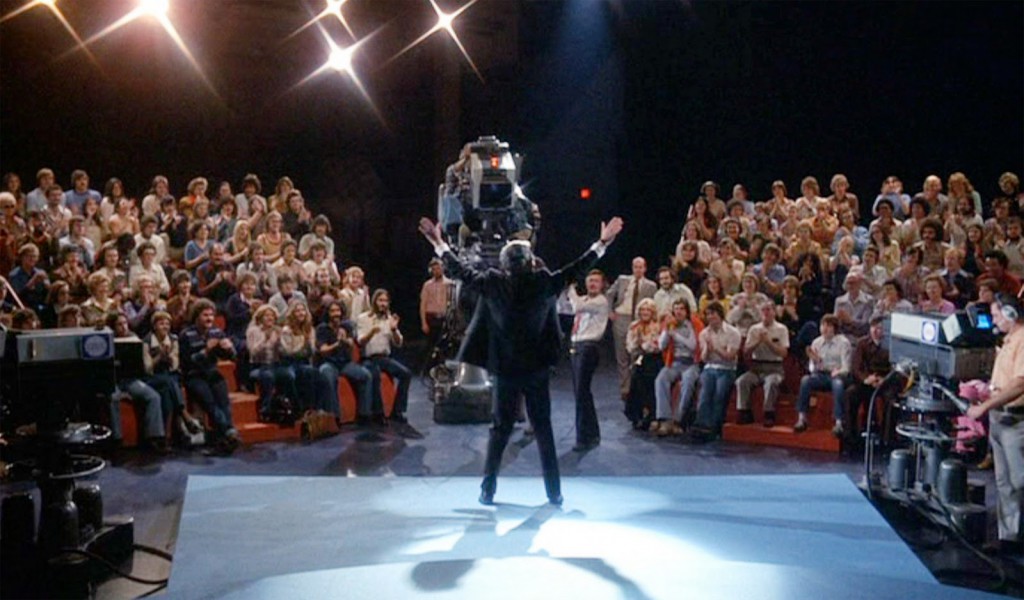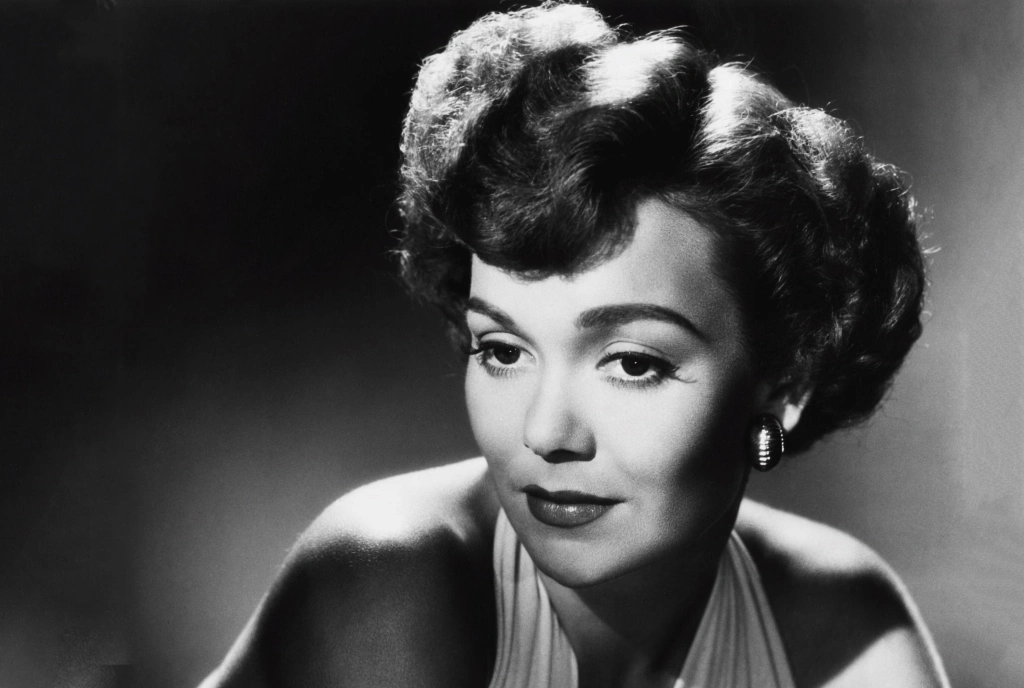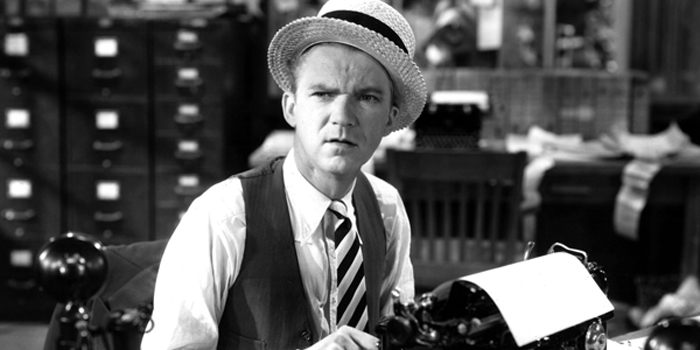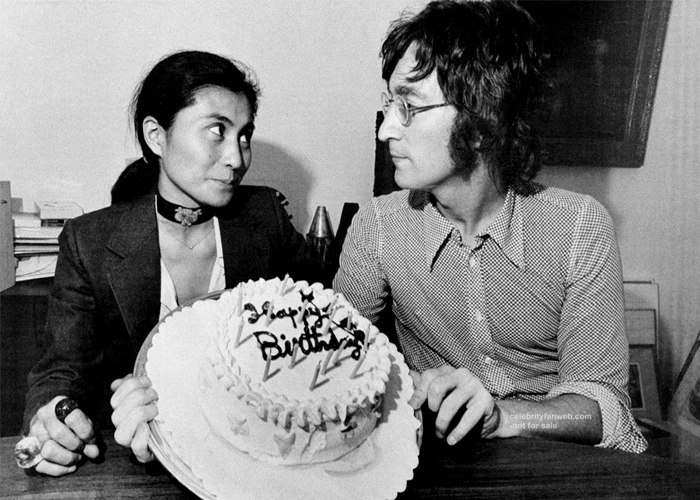The tagline read “prepare yourself for a perfectly outrageous motion picture.” And sure, in 1976, the idea of a major television network exploiting the ravings of a deranged lunatic for network ratings was so debased it could only be thought of as outrageous satire. But screenwriter Paddy Chayefsky and director Sidney Lumet weren’t just creating satire—they were foretelling the future.
The film follows fictional television network UBS which is trying to keep its head above water. They decide to fire their aging veteran news anchor Howard Beale, played by Peter Finch, hoping to boost ratings. But when the mentally unstable Beale is given his notice, he turns the network on its head by announcing on live television that, not only has he been fired, but he’s going to kill himself. This raises panic at the network, until they get the memo that Beale’s stunt significantly boosted their ratings.
Network programming executive Diane Christiansen, played by a fierce, ruthless Faye Dunnaway, will do absolutely anything and everything to keep ratings high, and she jumps at the chance to exploit the public’s sudden interest in Beale by giving him his own live show, banking on his instability to drive ratings. His catchphrase “I’m mad as hell and I’m not gonna take it anymore” becomes a popular battle cry to an disillusioned public and ratings soar. But it’s just the tip of the iceberg. The network’s spiral into debased sensationalism exposes the he ugly underbelly of television and politics as few films have.
Actors Henry Fonda, Glenn Ford, and George C. Scott were all approached for the role of Howard Beale, and all three turned them down. Fonda saying, simply, it was “too hysterical.” Even William Holden turned it down, and was cast instead as Beale’s friend. But actor Peter Finch, a British-born Aussie, was desperate for the role.
Sidney Lumet was unconvinced, worried about Finch’s Australian accent, so Finch ended up sending Lumet a recording of himself reading the New York Times. That was enough for Lumet. Finch went on to garner a Best Actor Nomination and win for the role. But Finch’s heart was failing. While filming the famous “mad as hell” speech, Finch became exhausted and had to halt the take. Finch died from a heart attack while touring to promote the film, and was posthumously honored with the Oscar for best Actor. It was the first time an Oscar was awarded posthumously and has happened only once since then, in 2009 for fellow Australian actor Heath Ledger in THE DARK KNIGHT.
In 1976, NETWORK almost seemed like something you’d read in a George Orwell novel, with in its stark depiction of a complete corporate dystopia. But what makes this film so powerful 40 years later, and let’s face it, downright terrifying, is that it now is hardly a work of fiction, but an accurate depiction of the world we now live in.




Leave a comment